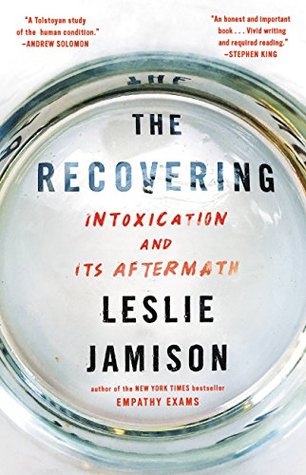More on this book
Community
Kindle Notes & Highlights
By coming back to the common refrain, he was reminding himself that commonality could be its own saving grace.
Desire. Use. Repeat.
Our stories were valuable because of this redundancy, not despite it. Originality wasn’t the ideal, and beauty wasn’t the point.
It let me carve onto my skin a sense of inadequacy I’d never managed to find words for; a sense of hurt whose vagueness—shadowed, always, by the belief it was unjustified—granted appeal to the concrete clarity of a blade drawing blood. It was a pain I could claim, because it was physical and irrefutable, even if I was always ashamed of it for being voluntary.
The most toxic agendas often disguise themselves as pure transcription.
The more you start to need a thing, whether it’s a man or a bottle of wine, the more you are unwittingly—reflexively, implicitly—convincing yourself you’re not enough without it.
Years later, I interviewed a clinician who described addiction as a “narrowing of repertoire.” For me, that meant my whole life contracting around booze: not just the hours I spent drinking, but the hours I spent anticipating drinking, regretting drinking, apologizing for drinking, figuring out when and how to drink again.
He observes a continuous ribbon of desire running through his life: not just his longing for the drug, but his longing for writing as its substitute.
The lie wasn’t that addiction could yield truth; it was that addiction had a monopoly on it.


